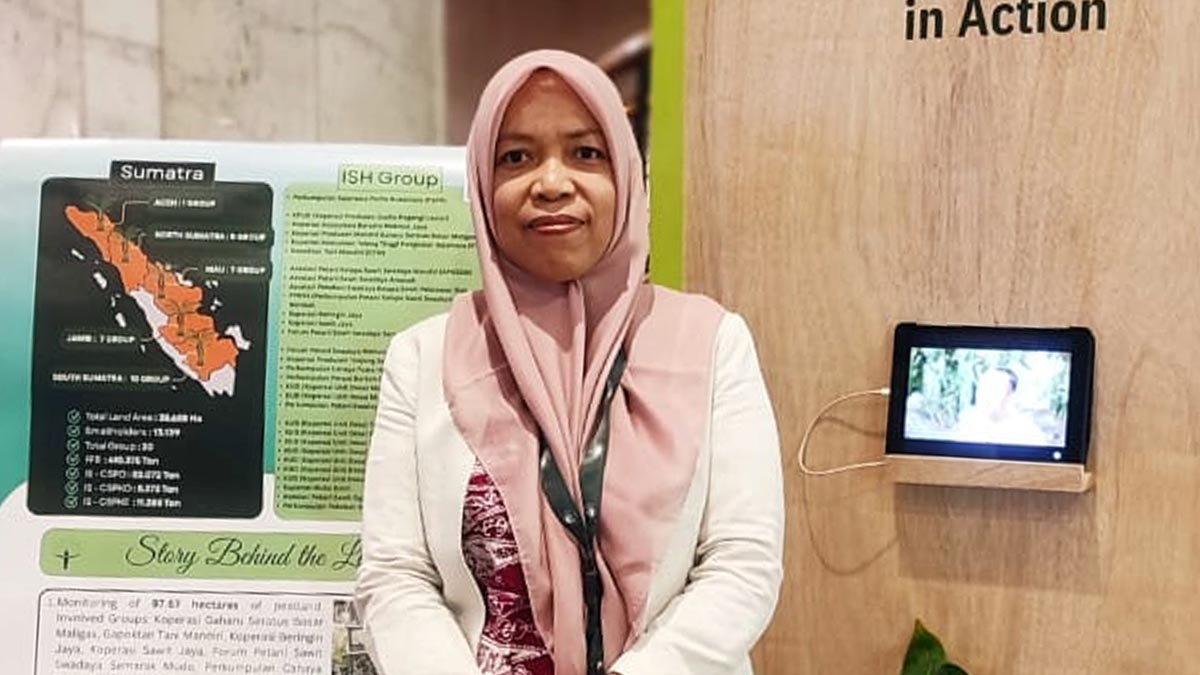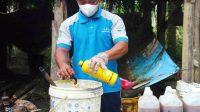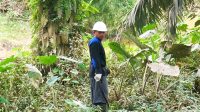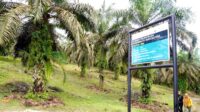PALMOILMAGAZINE, KUALA LUMPUR — The vital role of smallholders in driving a sustainable palm oil supply chain once again took center stage at the RSPO Annual Roundtable Conference on Sustainable Palm Oil (RT2025) in Kuala Lumpur. The Indonesian Sustainable Palm Oil Farmers Forum (FORTASBI) emphasized that the progress of Indonesia’s smallholders has been built through years of collaboration with diverse industry stakeholders.
According to FORTASBI Executive Director Rukkaiyah Rafiq, widely known as Uki, the success of smallholders in adopting sustainable practices stems from collective commitment and shared learning. However, she underscored that continued and consistent support from all stakeholders is essential to maintain and scale these achievements.
“The progress achieved by sustainable palm oil smallholders relies on collective strength to ensure its continuity,” Uki told beige-heron-208544.hostingersite.com on the sidelines of RT2025 in Kuala Lumpur, Wednesday (5/11/2025).
FORTASBI believes that multi-stakeholder collaboration — involving farmers, government, companies, certification bodies, and global buyers — is key to ensuring a fair and inclusive palm oil sector. Through partnerships that create shared value, smallholders can gain greater economic benefits while preserving environmental integrity.
Uki further noted that sustainability is not only about certification but also about building long-term prosperity for farmers and surrounding communities. This approach, she explained, aligns with FORTASBI’s mission to strengthen the capacity of independent smallholders to meet international sustainability standards such as RSPO and ISPO.
“Collaboration and shared purpose among stakeholders are powerful drivers for ensuring the long-term resilience of sustainable palm oil farmers,” she added.
Also Read: FORTASBI Celebrates 11 Years of Empowering Independent Oil Palm Farmers Toward Sustainability
As global attention toward sustainable palm oil continues to grow, FORTASBI hopes this momentum will further strengthen the position of smallholders as key contributors within the global supply chain. For FORTASBI, sustainability is not the responsibility of a single actor — it is a collective movement to ensure that Indonesia’s palm oil industry remains competitive while delivering lasting social and environmental benefits for future generations. (P1)





































